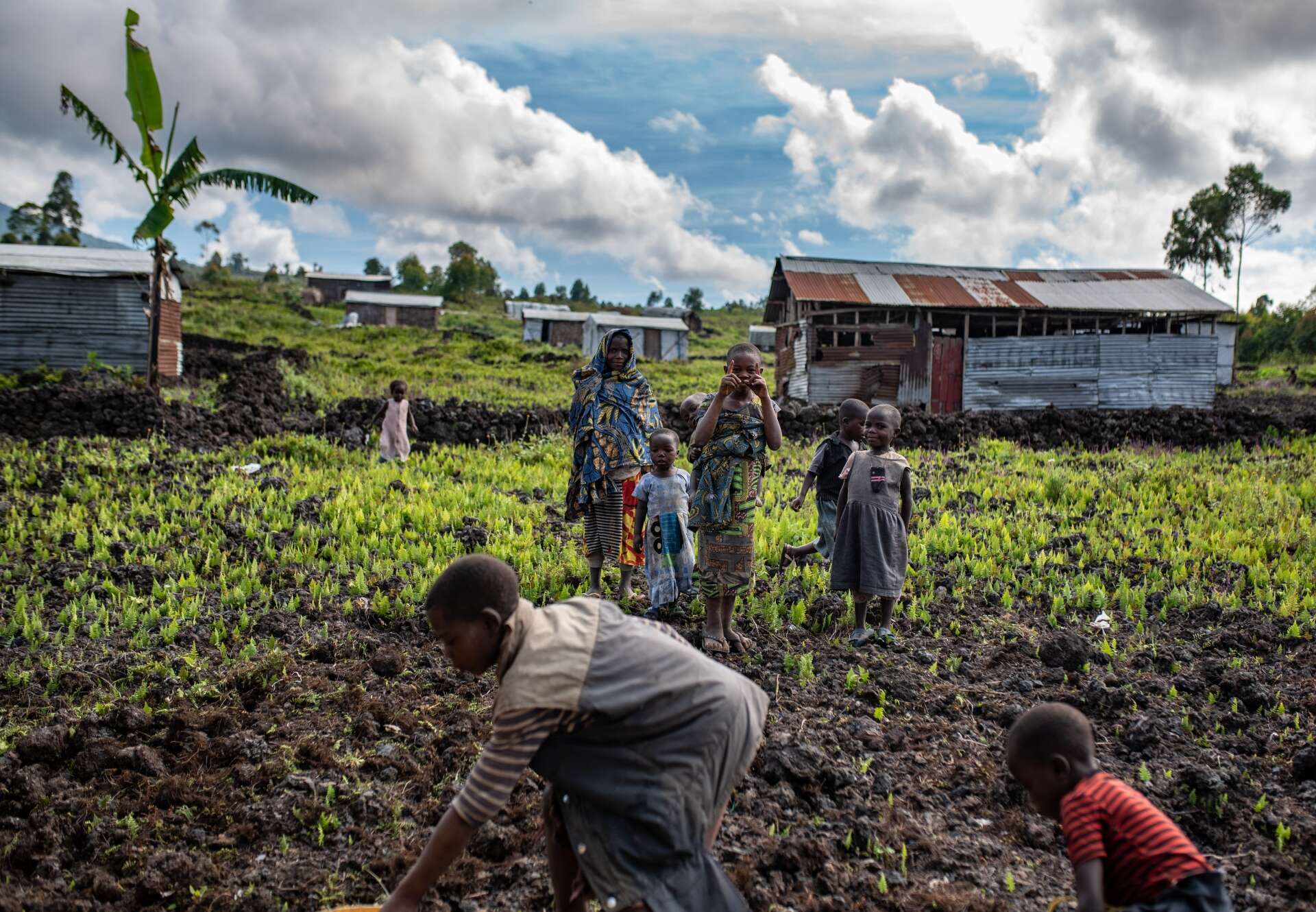
Crisis in the DRC: What you need to know and how to help
Four reasons why the IRC’s Emergency Watchlist identifies the Democratic Republic of Congo as one of the countries most at risk of experiencing a worsening crisis in 2024.

Four reasons why the IRC’s Emergency Watchlist identifies the Democratic Republic of Congo as one of the countries most at risk of experiencing a worsening crisis in 2024.
Intense conflict in the Democratic Republic of Congo (DRC) has displaced millions and is driving humanitarian needs across the country while regional tensions remain high, especially with neighboring Rwanda. Meanwhile, flooding, food insecurity, the outbreak of disease and severe barriers to humanitarian action threaten to exacerbate the situation.
These factors have pushed the DRC into the top 10 of the 2024 Emergency Watchlist—a report that analyzes and ranks the countries most likely to experience a worsening humanitarian crisis.
These are the risks that the DRC faces in 2024.
Intense conflict persists in Eastern DRC, even after the government's ceasefire with the M23 nonstate armed group in March 2023, leading to a significant increase in internal displacement. The DRC is currently facing one of the most substantial displacement crises globally, with approximately 6.9 million people displaced throughout the country. Among the internally displaced, 5.6 million individuals are located in the country's eastern regions, highlighting a pronounced regional demand for aid.
Weak governance in the DRC has paved the way for more than 120 armed groups to operate in Eastern DRC. This includes the M23 group and the Islamic State-affiliated Allied Democratic Forces (ADF) which has escalated attacks throughout 2023, with reports of an increase in civilian killings and sexual violence.
An increasing number of displaced individuals are seeking refuge in camps, where resident communities already endure unstable living conditions and limited service access. Security is a pressing issue in these settings, especially for women and girls.
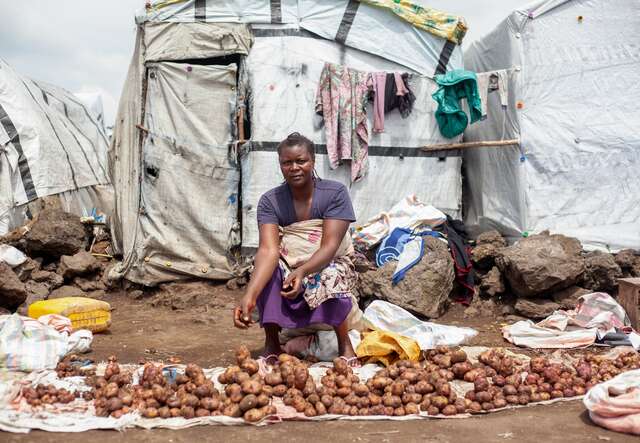
The run-up to the DRC’s December 2023 elections sparked political tensions across the country and came amid escalating regional tensions, especially with neighboring Rwanda. The Congolese and Rwandan governments have exchanged accusations of supporting armed groups in the border regions, posing a risk of wider conflict in 2024.
The U.N. has voiced concerns about the possibility of a confrontation between the two countries. Meanwhile, the U.N. is winding down its peacekeeping mission in the DRC, amidst pressure from the government and persistent protests stemming from the perception that the U.N. has failed to improve security conditions.
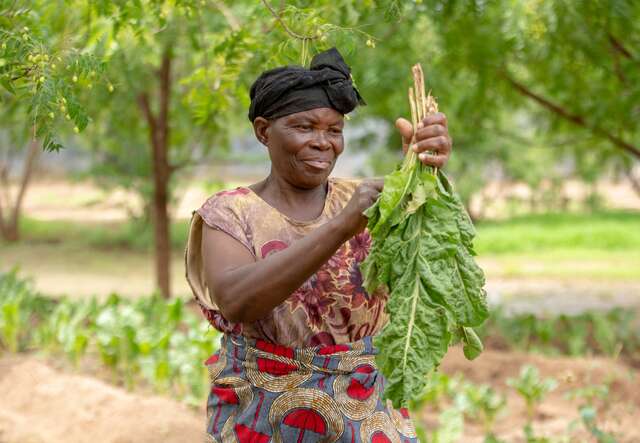
The DRC is highly vulnerable to flooding, partly due to deforestation and rising water levels in Lake Albert—which caused flooding in the country’s eastern Ituri province in May 2023. The looming El Niño season of 2024 is expected to bring above-average rainfall to the DRC, particularly in it’s northern and central regions.
The impending El Niño season is anticipated to usher in above-average rainfall in the DRC, heightening the potential for nationwide flooding. This surge in rainfall may lead to significant displacement and worsen the transmission of communicable diseases, further escalating the already dire cholera crisis in the DRC.
A lack of access to water and sanitation services in overcrowded camps for internally displaced persons is contributing to the spread of disease at a time when the country’s health system is on the brink of collapse. Those affected include the DRC’s food-insecure populations—one of the largest in the world—who are likely to experience worsening outcomes amid the combined impacts of conflict and flooding.
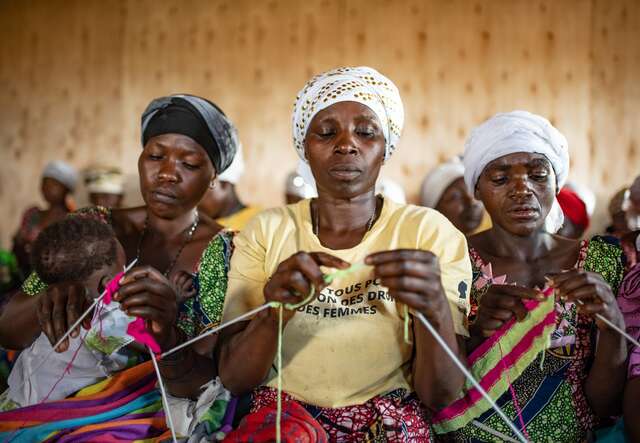
Despite immense needs in the country, the DRC’s 2023 humanitarian response plan received just 40% of its necessary funding, causing shortfalls in critical service provision and aid delivery. Meanwhile, ACAPS rated constraints on humanitarian access to be “very high” (4 of 5), particularly in conflict-affected regions, and cites a deterioration in conditions since 2022.
Bureaucratic constraints, such as visa restrictions, have grown while protests against the U.N.’s peacekeeping mission in the country indicate growing local suspicion of international actors, including humanitarians.
Since 1996, the IRC has been responding to crises in the Democratic Republic of Congo by providing emergency assistance to individuals and fostering communal social cohesion in partnership with local organizations. We also provide essential health services, including primary health, infection prevention and control, as well as water, sanitation and hygiene.
We reinforce violence prevention and support survivors of gender-based violence through comprehensive interventions, including providing psychosocial support, facilitating economic recovery, and ensuring access to essential services (such as legal and medical assistance), particularly in eastern DRC where there is a severe protection crisis. Our approach involves collaboration with communities and their institutions to promote social cohesion aimed at reducing conflict and supporting primary and secondary schools.
Learn more about the IRC’s work in the DRC.
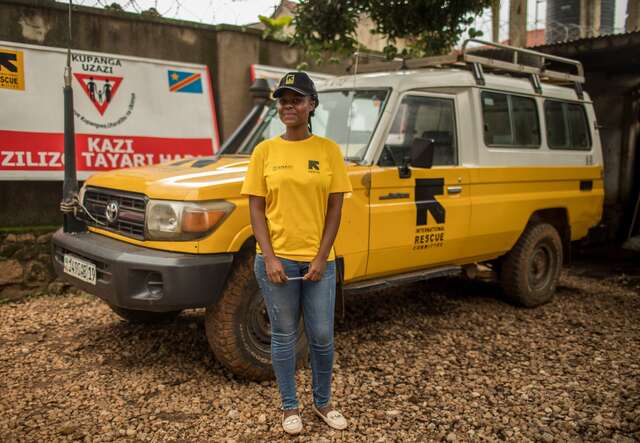
The IRC is working with partners to deliver critical emergency aid to families in the Democratic Republic of Congo and conflict zones around the world. Donate now to support our critical work. We are on the frontlines providing critical aid to crisis-affected people in more than 50 countries, including places on the 2024 Emergency Watchlist.
Read more about the top 10 crises the world can’t ignore in 2024 and download the full 2024 Emergency Watchlist report for profiles of all 20 crisis countries on the IRC's list.
*Last name excluded for privacy